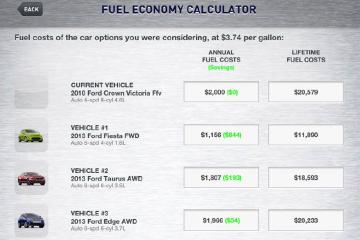COMING SOON: Climate Action Learning Lab
We will identify state and regional climate leaders to serve as champions for building and using evidence to inform policy. We are designing a series of tailored workshops and trainings to bolster the ability of climate leaders to generate and use evidence to inform decision-making. Interested in learning more? Sign up to receive updates on upcoming opportunities.








